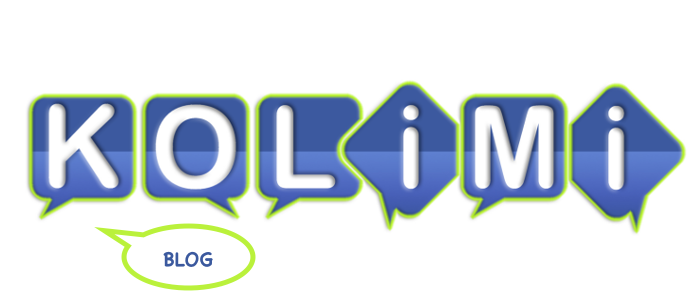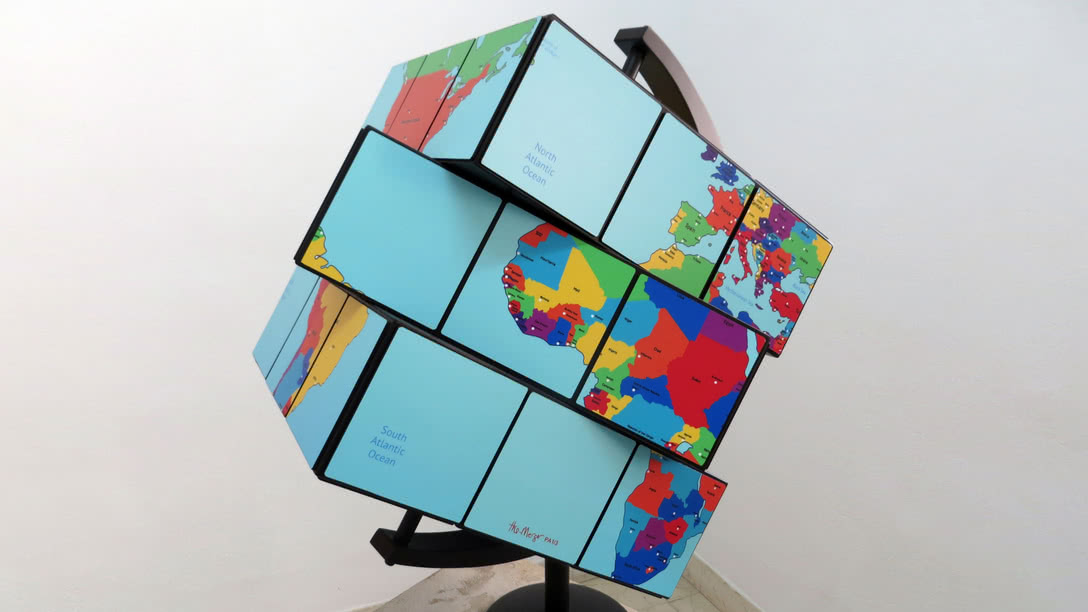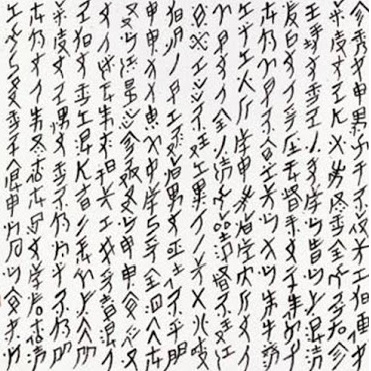A Global Age? Only 10 Languages Still Dominate the Web
A Global Age? Only 10 Languages Still Dominate the Web
Only a few of the languages spoken worldwide are present on the Internet. The web can be a tool for global inclusiveness – but for whom?
The Internet is often described as an endless, invisible entity that can make knowledge potentially accessible to the whole of humanity. While it is true that the web is spreading information at an unprecedented scale – as the proliferation of anti-racist protests in the world is now showing – the reality is somehow less utopian. The internet reflects real inequalities more than those who have unlimited access to it may commonly perceive – and the different presence of languages in the World Wide Web is an eloquent example of this.
Let’s take a look at figures. The top 10 languages used on the internet make up 82% of the total content online – that means, only 0,001% of the estimated 6,000 languages existing worldwide[1]. As one might expect, English is the most widely used language, followed by Chinese and Spanish. While Chinese users of the cyberspace have increased by an astonishing 2,572.3% since year 2000[2] and have become the biggest national group of users, still fewer than 2% of the top 10 million websites are in Chinese[3]. In the case of Arabic, the disparity is even more extreme: Arabic-speaking users have grown by 8,917.3%, but they only have access to 0,6% of the top 10 million websites in their language.
Wikipedia: a dream of inclusiveness?
The “giants” of the web are not spared. For instance, Google recognizes 30 European languages, but “only one African language and no indigenous American or Pacific languages.”[4]
Wikipedia, maybe the most open and democratic website on the internet, is not immune to the syndrome of linguistic dominance. In the case of most African countries and other former colonies, colonial languages have widely permeated societies as linguae francae, and English, French and German are still the languages of most Wikipedia articles in almost all of Africa and much of Asia[5]. The predominance of European languages in the cyberspace in most of the world naturally raises a number of questions about the long-lasting effects of colonialism, as well as the impact of global power relations on people’s access to the internet.
Although Wikipedia has a high linguistic diversity compared to the rest of the web, 74% of concepts on Wikipedia are still only in one language, and 95% in fewer than six languages[6]. This means, of course, that many languages are neglected. However, it also reminds that even English-speakers only have access to a small part of the content. In other words, the internet is not only dominated by a few idioms, it is also linguistically fragmented and isolated. In this sense, it very much reflects real world.
______________________________
Join us or come take a look!
We are a group of people convinced that language skills should be more valued in the job market. That is why we created Kolimi, a platform connecting multilingual professionals to the people and business that need them.
Join us to find new opportunities, or follow us on Facebook, Twitter, YouTube or LinkedIn to discover new things about languages!
______________________________
References
[1] [6] The Guardian
[4] UNESCO (p.40)







